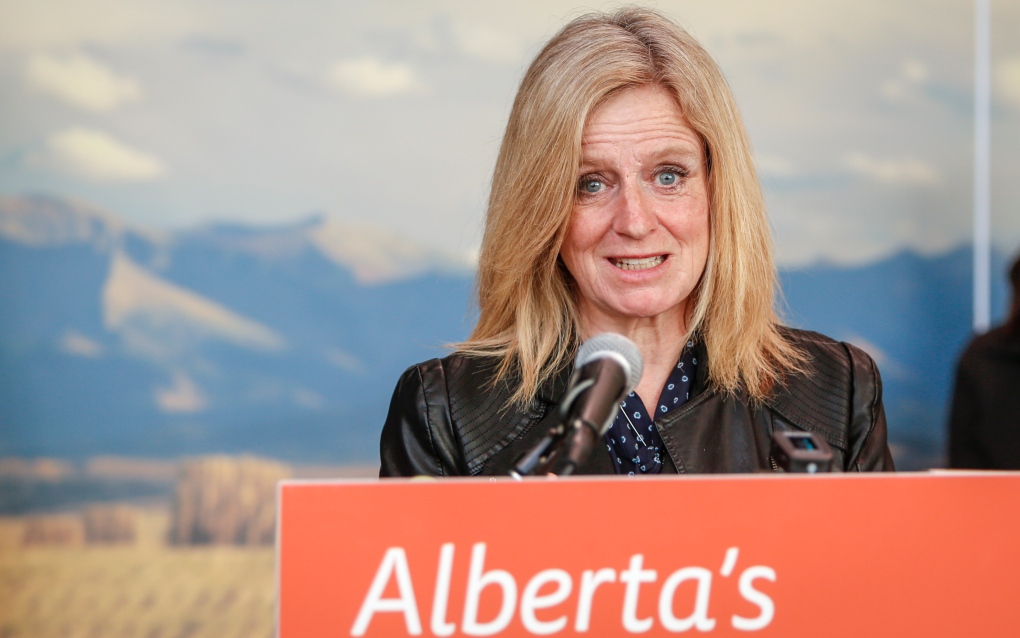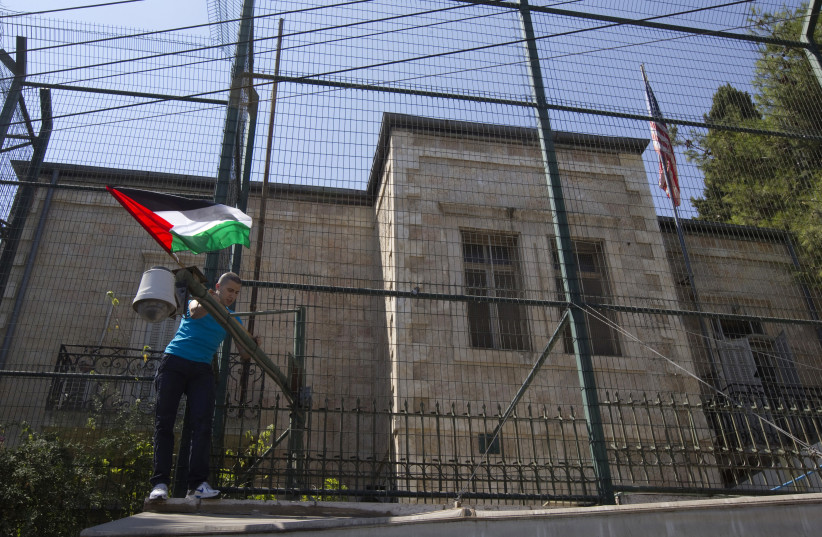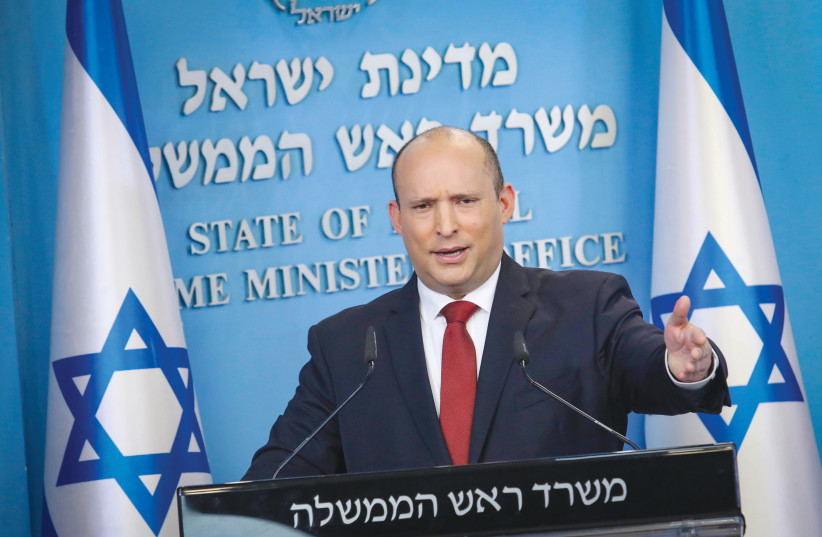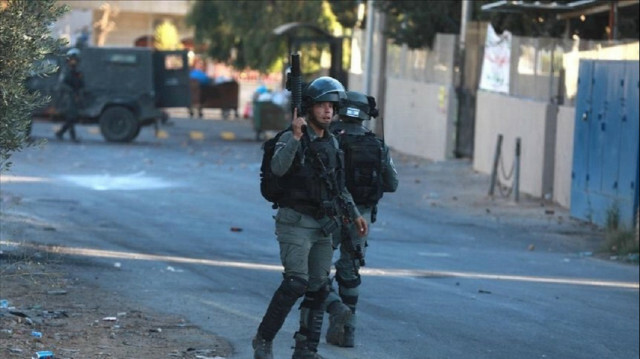New figures show slow coal phaseout progress to date, with pledges not enough to limit warming to 1.5C
Niels de Hoog and Ashley Kirk
Thu 23 Dec 2021 07.00 GMT
The majority of coal-fired power is not being phased out quickly enough to meet climate goals and avoid catastrophic global heating, despite new pledges made at Cop26.
While coal is on its way out, some of the largest coal-dependent economies might be delaying for too long, according to a new report by the Centre for Research on Energy and Clean Air.
“Current pledges and targets absolutely are not enough to ensure that coal power is phased out fast enough to avoid the worst of global warming,” said lead author of the report, Lauri Myllyvirta.
Coal is the dirtiest fossil fuel and the International Energy Agency has made clear that if it is not rapidly retired the world has no hope of staying within 1.5C of global heating.
While major coal-dependent nations pledged for the first time at the UN climate summit in Glasgow to phase down coal-fired power generation, there is still a long way to go, says Flora Champenois, a research analyst at Global Energy Monitor.
“The price of renewables has dropped dramatically in the last decade, so the case is now clearer than ever that uneconomical, dirty energy needs to go. At the same time, we’ve seen that it’s slow and difficult to change the status quo, no matter how compelling the economics of coal power are.”
Global coal-fired power capacity
Currently, the world’s total capacity for coal-based power is 2,068 gigawatts (GW).
(Each represents 10 GW.)
After pledges made in the run-up to and at the Glasgow summit, 351 GW of capacity is expected to be retired in line with Paris agreement goals.
A further 1,628 GW, some 79% of total capacity, is expected to be retired, but not quickly enough to be consistent with a 1.5C pathway.
The coal giants
China, India and the US together account for the vast majority of coal-based power currently in operation — about 75% of global capacity.
Only a small proportion of their coal power fleet — about 6% — is expected to be retired in line with Paris goals.
In the rest of the world, 28 countries are set to retire their entire coal fleet in accordance with Paris goals, including Russia, Ukraine and Vietnam.
The other 94% will not be retired fast enough under current plans, despite being covered by phase-out pledges or net-zero commitments.
On top of this, experts are concerned about new coal capacity that’s set to come down the pipeline in the coming years.
No new coal?
While the world's appetite for coal has significantly decreased since the Paris agreement was adopted in 2015, there are still new coal-fired power plants being built.
About 185 GW of capacity is currently under construction.
There’s also another 309 GW in various of the planning stages.
About 88 GW of this planned capacity will likely not be realised thanks to recent ‘no new coal’ and ‘no new coal financing’ pledges.
Major public financiers like China, Japan, South Korea, and the G20 and OECD nations have all pledged to end overseas coal financing.
A further 165 GW is not directly affected by those pledges, but is called into question by carbon targets.
To meet their own emissions goals, governments would likely need to cancel these projects.
Under current commitments, that still leaves at least 241GW of new capacity to be added.
This leaves the world in a situation where, despite positive noises about the transition away from coal, the vast majority of coal power is yet to be assigned a firm phase-out date.
Most of this untouched coal is in upper-middle and high-income countries. The International Energy Agency has said that in high-income countries, coal needs to be phased out by 2030, with no new coal-fired power stations built from now on.
No planned phase-out
Phase-out not in line with Paris agreement goals
Phase-out in line with Paris agreement goals
Called into question by carbon targets
Likely not realised due to pledges
The data reveals how much responsibility higher income countries have when it comes to phasing out coal across the world.
Leo Roberts, research manager at E3G, said that in addition to shutting down their own coal fleets: “Rich countries need to make the finance available to support the transition away from coal in the global south.
He added that investors and taxpayers should be concerned about the profitability of new coal plants. If those projects went ahead, they could lose $150bn (£113bn) on stranded assets, according to a report by Carbon Tracker.
Despite falling behind on the schedule set out by the International Energy Agency, there are signs that key players are making headway in the transition. In India, “clean energy targets announced by the prime minister, Narendra Modi, mean that coal-fired power generation could peak well before 2030”, said Myllyvirta.
And while the United States is not on track for a 2030 phase out, according to Global Energy Monitor, a shifting tide of economic factors and political will might bring the country in line. Roberts pointed to how the increasing uncompetitiveness of coal is already driving coal power plants retirements nationwide.
Out of the three biggest coal-dependent economies, China’s status is surrounded by the most uncertainties. Though the country has pledged to stop building new coal plants abroad, it is still planning to increase domestic capacity. “Before China, with by far the world’s largest fleet of coal power plants, announces firm phase-out plans, we won’t be on track,” said Myllyvirta.
But despite uncertainty over China, experts say there is reason for optimism. The pace at which countries are abandoning coal has accelerated in recent years, and many new projects have already been cancelled.
“The pace at which the [global] outlook has changed”, according to Myllyvirta, “from only a handful of small countries having a phase-out commitment as recently as 2015, to having a quarter of the world’s coal fleet assigned a firm phase-out date. It’s extremely encouraging and shows this can be done.”
Methodology
Based on analysis of the impact of climate pledges published by the Centre for Research on Energy and Clean Air on 12 November. The analysis includes data from the Global Coal Plant Tracker (GCPT) by Global Energy Monitor, which provides information on coal-fired power units generating 30 megawatts and above.
Operating capacity is used as an indicator for how the world is doing on phasing out coal. Utilisation rates play a role in realised emissions, but experts say that capacity needs to be reduced to meet climate goals.
Country income classification is based on data from the World Bank. Guadeloupe was not included in the World Bank dataset and therefore excluded from this part of the analysis.
New developments since the report was published are not reflected in this article. For example, Germany has since committed to phasing out by 2030 in a coalition deal.










 THE UK GOVERNMENT has announced a new consultation on its ‘Climate Compatibility Checkpoint’ which will assess the impact of future offshore oil and gas developments on the climate crisis.
THE UK GOVERNMENT has announced a new consultation on its ‘Climate Compatibility Checkpoint’ which will assess the impact of future offshore oil and gas developments on the climate crisis. THE INTERNATIONAL COMMUNITY must hold Israel to account for its 54-year occupation of Palestine, a UN human rights expert said on 23 December 2021, five years after the UN Security Council passed a resolution calling for an end to all settlement activities in Palestinian territories.
THE INTERNATIONAL COMMUNITY must hold Israel to account for its 54-year occupation of Palestine, a UN human rights expert said on 23 December 2021, five years after the UN Security Council passed a resolution calling for an end to all settlement activities in Palestinian territories.





